Will Northwestern Get Its Stadium, or Will Evanston Get a Fair Deal?
The roar of community disapproval cannot be silenced for much longer.
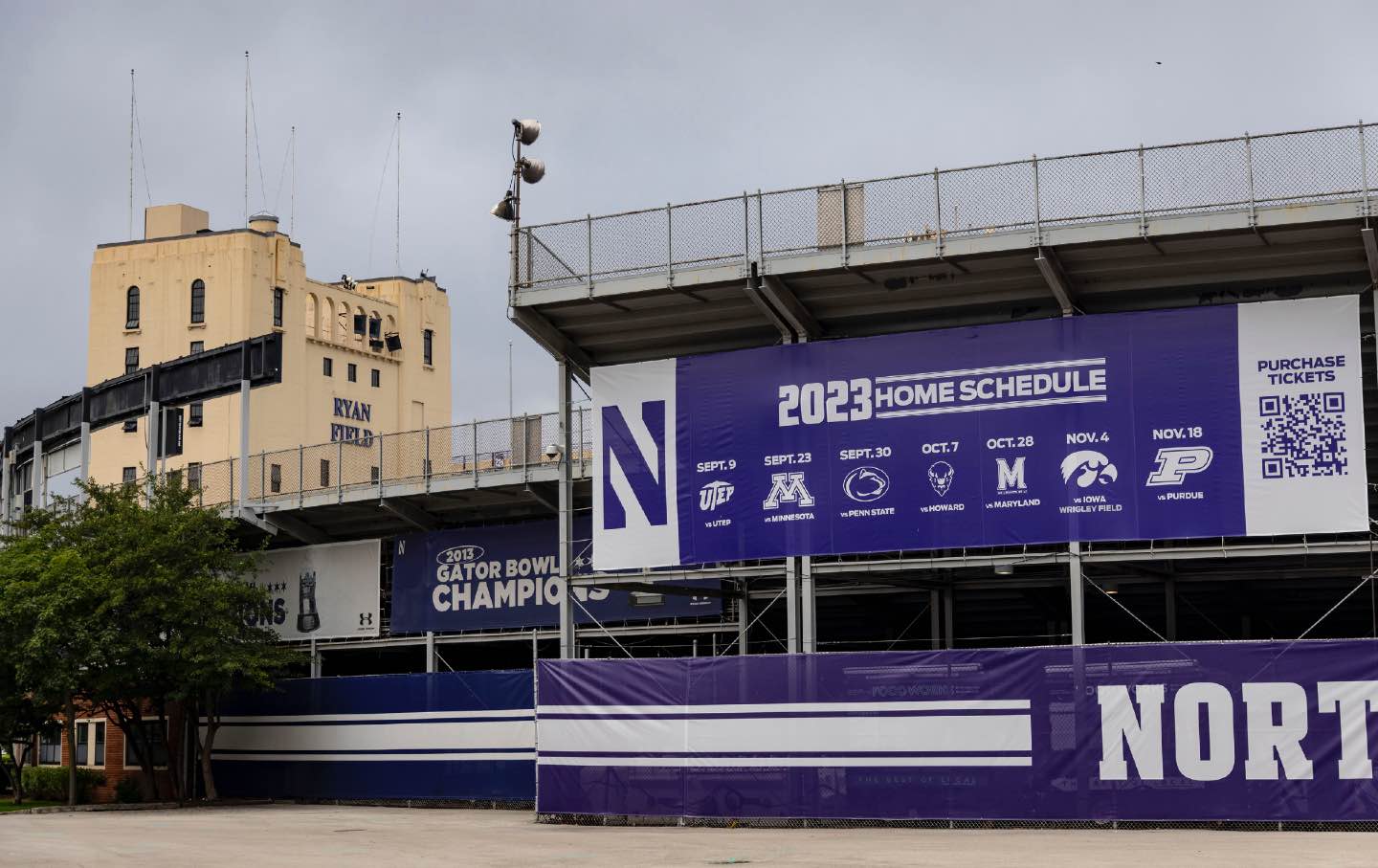
An empty Ryan Field, home of Northwestern football, on July 11, 2023, in Evanston, Ill.
(Brian Cassella / Getty)The Northwestern University athletic department is reeling from a hazing scandal that has generated national outrage and revulsion. Accusations by former players include physical and racist abuse that was tacitly—or perhaps explicitly—approved by coaches and people in authority. The response by the Northwestern administration has been swift and surprisingly strong, with the firing of longtime football coach and former Northwestern player Pat Fitzgerald. It was eyebrow-raising to see the school president, Michael Schill, take such an immediate firm stance, especially since Big Ten college football is such a cash cow.
Yet now we are seeing why Schill may have been so concerned about public perception. The school has been in the process of negotiating a new football stadium: a massive project that would require public support and the Evanston City Council’s approval. The $800 million structure and accompanying development would be partially funded by billionaire Pat Ryan’s clan, Northwestern mega-donors, with the school saying it will pick up the rest of the tab.
Northwestern Now, a publication run by the university comms department, wrote, “The new Ryan Field will create a world-class home for Northwestern University Athletics and a best in the nation football experience for fans, players, and a year-round asset for the community. The project will be privately funded—with no taxpayer financing and significant public benefits.”
It’s, of course, far more complicated than that.
It is true that the Ryan family’s desire for this stadium has them promising reportedly over $400 million. But Schill—and what a Dickensian name for a billionaire’s front man—has also committed hundreds of millions in university funds, despite community and university opposition. As Stephen Harper, an attorney and Northwestern University graduate, scathingly wrote in the Chicago Sun Times, the Ryan/Schill dream is “an open-air performance venue masquerading as a shrine to a disgraced football program.”
But Schill has rejected the idea that this is about something as prosaic as football. He said, “The new stadium has never been solely about Northwestern football; its role as an economic and social engine goes well beyond that.”
Schill is also, in opposition to public statements to the contrary, on the hunt for tax dollars to fuel his “economic and social engine”—an effort to socialize the debt and risk while privatizing the profit. Northwestern’s pledge to provide the city an annual $2 million of the stadium’s revenue and $500,000 from an additional ticket surcharge obscures the fact that taxpayers are still losing out on money that could have flowed back to the city if it were taxed like a private business. In other words, university administrators are saying “no taxpayer financing” as a talking point, while wanting to take money that would otherwise go in the public coffers. These fees will likely make events in the stadium, which is supposed to be a resource for all Evanstonians, cost-prohibitive for many residents.
While the financial details are troubling, what residents say it would do to the city of Evanston sounds downright dystopian. The plan is to build on an existing stadium on Central Street, a major east-west artery in the city. According to Lesley Williams, president of Community Alliance for Better Government, it won’t just be a sports field. The “entertainment complex” will create a massive property-tax-exempt business/entertainment zone in a residential neighborhood. Williams says that this would disrupt “not only the lives of local residents, but also make it more difficult to access the city’s level one trauma center…. So when we are being told that concerts and games will be held needing shuttle buses that will ferry thousands of people to a new stadium, of course people are extremely concerned.” Repeated attempts were made to get a response from Schill about this, but none was forthcoming.
More on football
Williams and her coalition are doing more than fighting for a deal that doesn’t turn Central Avenue into a parking lot/deadly health care obstacle/frat house on game days. They want a stadium deal that guarantees union labor for construction, or at least union neutrality by project managers. They also want a community fund that can be publicly overseen and city oversight of all efforts. The Community Alliance says that if one knows the long history of Northwestern abuse of workers and antagonism toward union efforts, such a written agreement is vital. The school’s anti-union history includes undercutting the 2014 efforts by players to unionize their own football team. That fight was led by their quarterback, Kain Colter, who is Black. It looked like yet another instance of Northwestern undermining a Black worker fighting for a union. What makes this history particularly galling is that Schill and friends are pitching the stadium construction as an anti-racist act, creating jobs and wealth for the Black community. Schill wrote last week, “We have made having a transformational impact on Evanston a centerpiece to the rebuild project. As we have previously shared, we are committed to a target of 35% of all subcontracted spending—more than $208 million—for local, minority- and women-owned businesses, with priority given to businesses and individuals located in Evanston.”
Community activists make the point in an informational e-mail that if Schill and Northwestern were serious about being an anti-racist force, they could invest heavily in “the Evanston reparations program, schools, or affordable housing; initiatives that would be controlled and managed by Evanston’s elected representatives.”
The school is playing an intentionally divisive game. It is, as Williams broke down for me, “pitting the residents who live around the Central Avenue site against Black residents in Evanston.” It is trying to make those concerned about trauma-center access or the destruction of their neighborhood—not an all-white neighborhood, by the way—look like NIMBYs who don’t care about building Black wealth. It’s an old but devastatingly effective strategy, and it could turn potential allies against one another.
Activists are planning to pack city council meetings to make sure they are being heard, because Schill, despite saying there have been “more than 100 meetings” with residents, has closed his ears. Yet the roar of disapproval cannot be silenced for much longer. There is a petition with more than 1,500 signatures asking the city council not to rubber-stamp this project. The question is whether the priorities of billionaire donors—people risibly pitching themselves as trying to fight racism by building a football stadium—will win out over concerns about the environmental impact of the stadium and how it could warp the small city. Evanston has its own town with its own politics and history, independent from Northwestern. To call it just a college town is an insult to the many working residents whose lives don’t revolve around Northwestern’s existence. They deserve to be heard.
That brings us back to the hazing scandal still rocking the football team. Is the university’s tough response linked to its need for public support for the stadium? That the question needs to be posed says something about how on edge the future of this stadium project has become. It is impossible to say what will happen next, but it’s clear a fight has been joined. The next Land Use Commission hearing was just rescheduled to September 6 at 7 pm in Council Chambers at the township Civic Center. That evening will tell us a great deal not only about the future of the stadium but also about the future of Evanston.
Correction: A sentence in a previous version of this article unintentionally implied that city taxes would be used to fund the stadium. This has been clarified.
More from
Dave Zirin 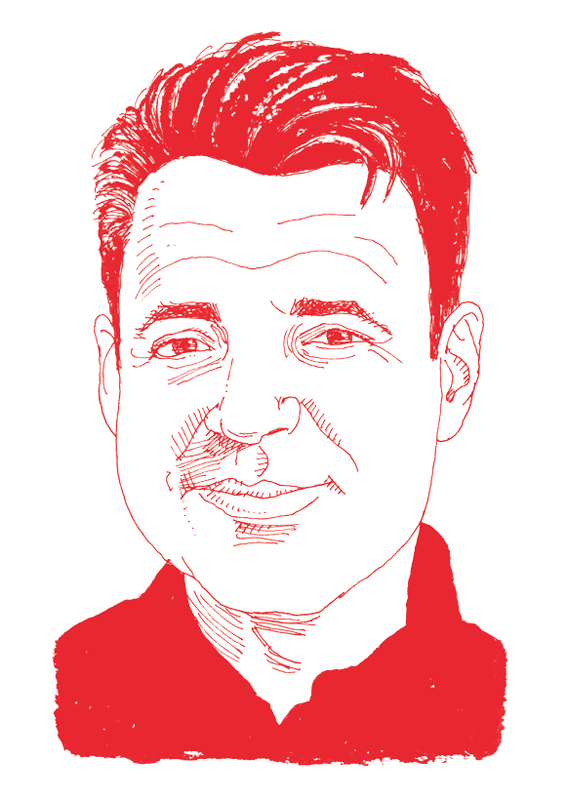

Watching a Parallel Media Try to Make Trump the Big Sports Story Watching a Parallel Media Try to Make Trump the Big Sports Story
The president-elect did not dominate the world of sports this weekend, but Fox News and Internet tabloids are inventing new realities.
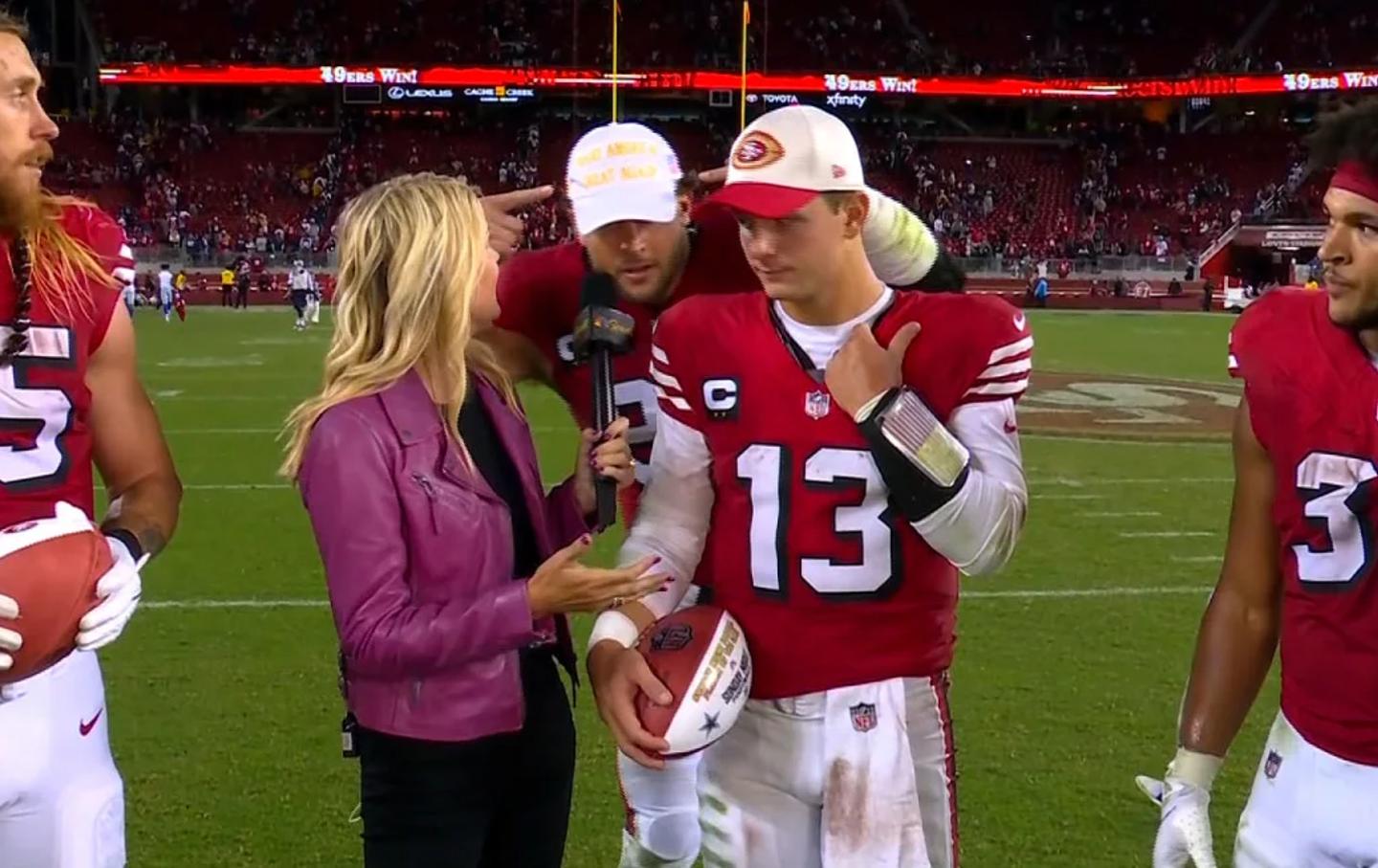
What the Bosa/Kaepernick Double Standard Tells Us About the 2024 Elections What the Bosa/Kaepernick Double Standard Tells Us About the 2024 Elections
Nick Bosa and Colin Kaepernick both brought their politics onto the field, yet they experienced very different repercussions.
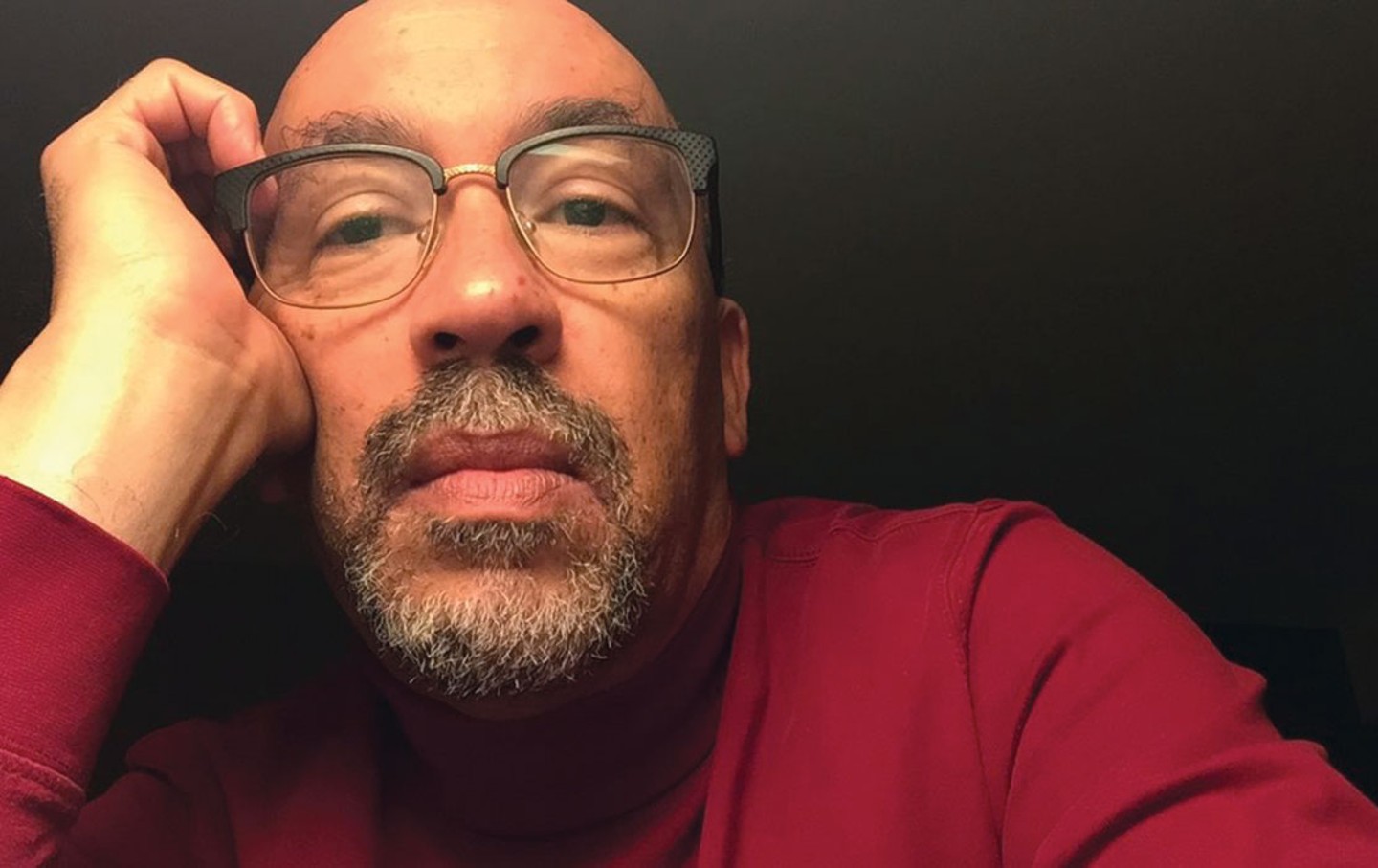
How We Can Defend Ourselves in the New Trump Era How We Can Defend Ourselves in the New Trump Era
The labor organizer Bill Fletcher says that, to protect our constitutional democracy, “the union movement needs to become an anti-fascist movement.”
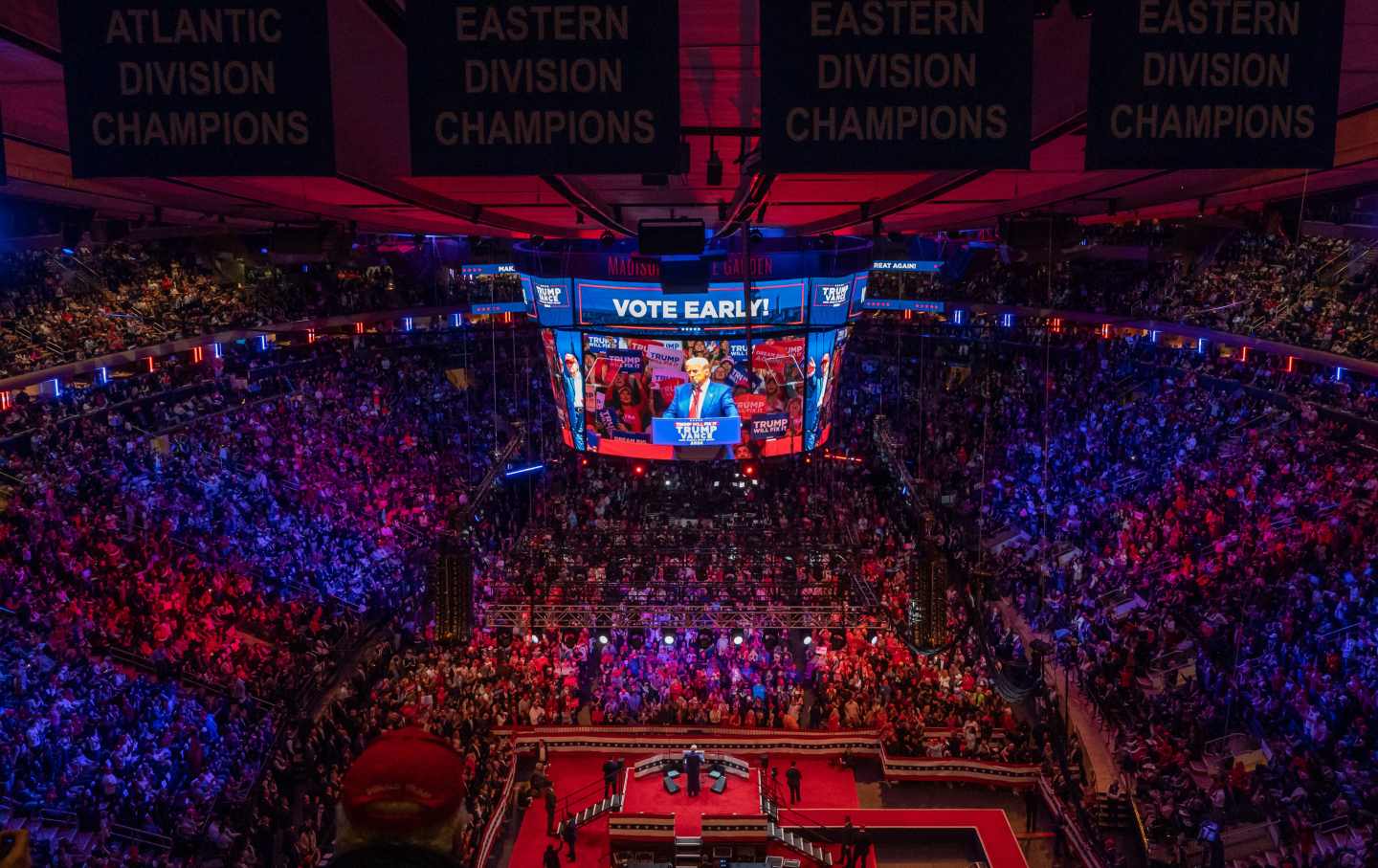
Trump’s Rally Was a Desecration of Madison Square Garden Trump’s Rally Was a Desecration of Madison Square Garden
Under billionaire James Dolan, the ties between Madison Square Garden and New York City’s working class were already fraying. Then he gave the stadium’s keys to Trump.
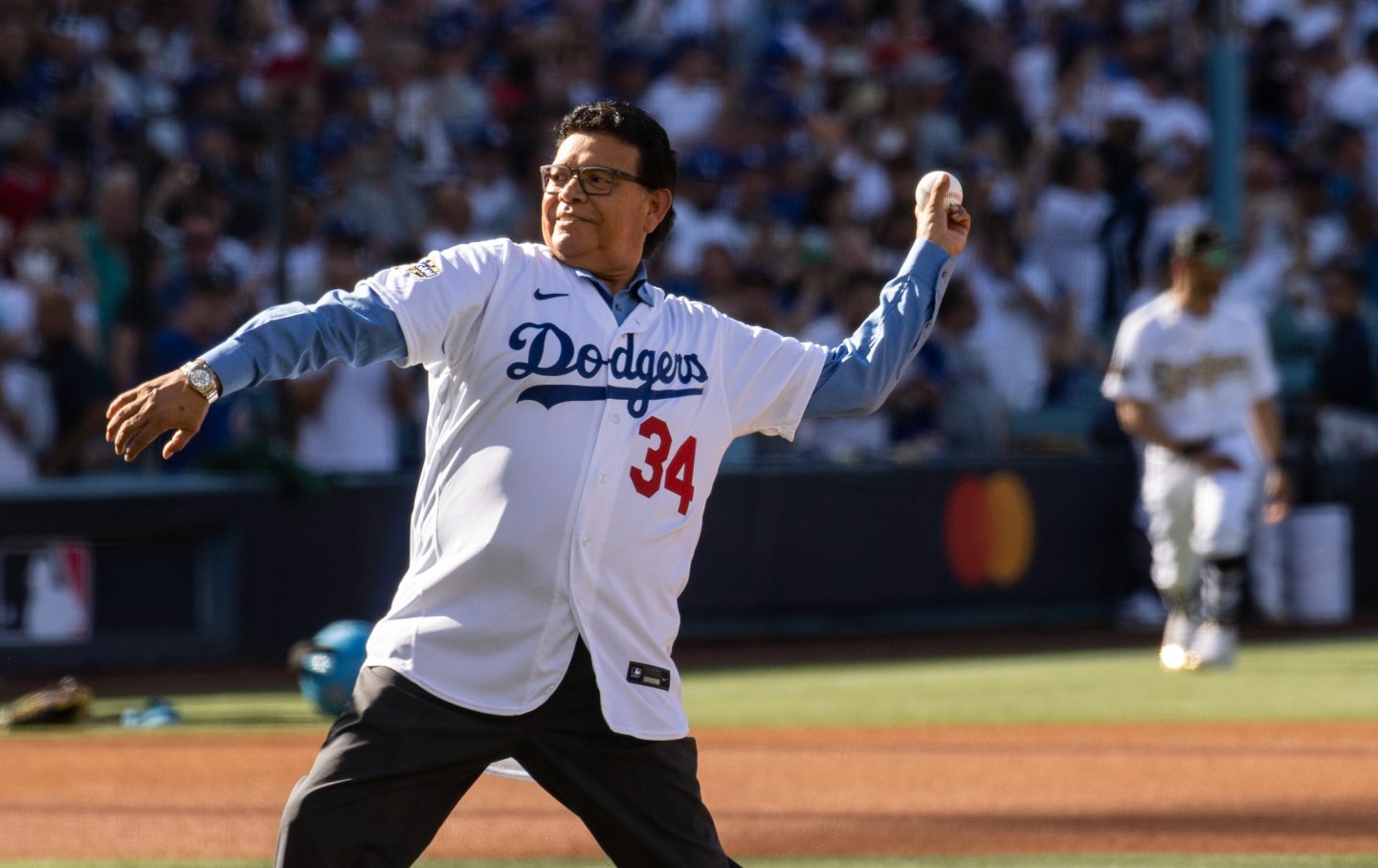
Fernando Valenzuela’s Magical Life and Tragic Death Reminds Us That Immigration Is Beautiful Fernando Valenzuela’s Magical Life and Tragic Death Reminds Us That Immigration Is Beautiful
The Dodgers pitcher had a legendary rookie year in 1981 in which he helped defeat the Yankees in the World Series.

Chiefs Placekicker Harrison Butker Goes Wide Right and Finds Political Power Chiefs Placekicker Harrison Butker Goes Wide Right and Finds Political Power
The Kansas City Chiefs kicker has started a far-right super PAC to encourage conservatives to vote for “traditional Christian values.” He is part of a terrifying political trend.


